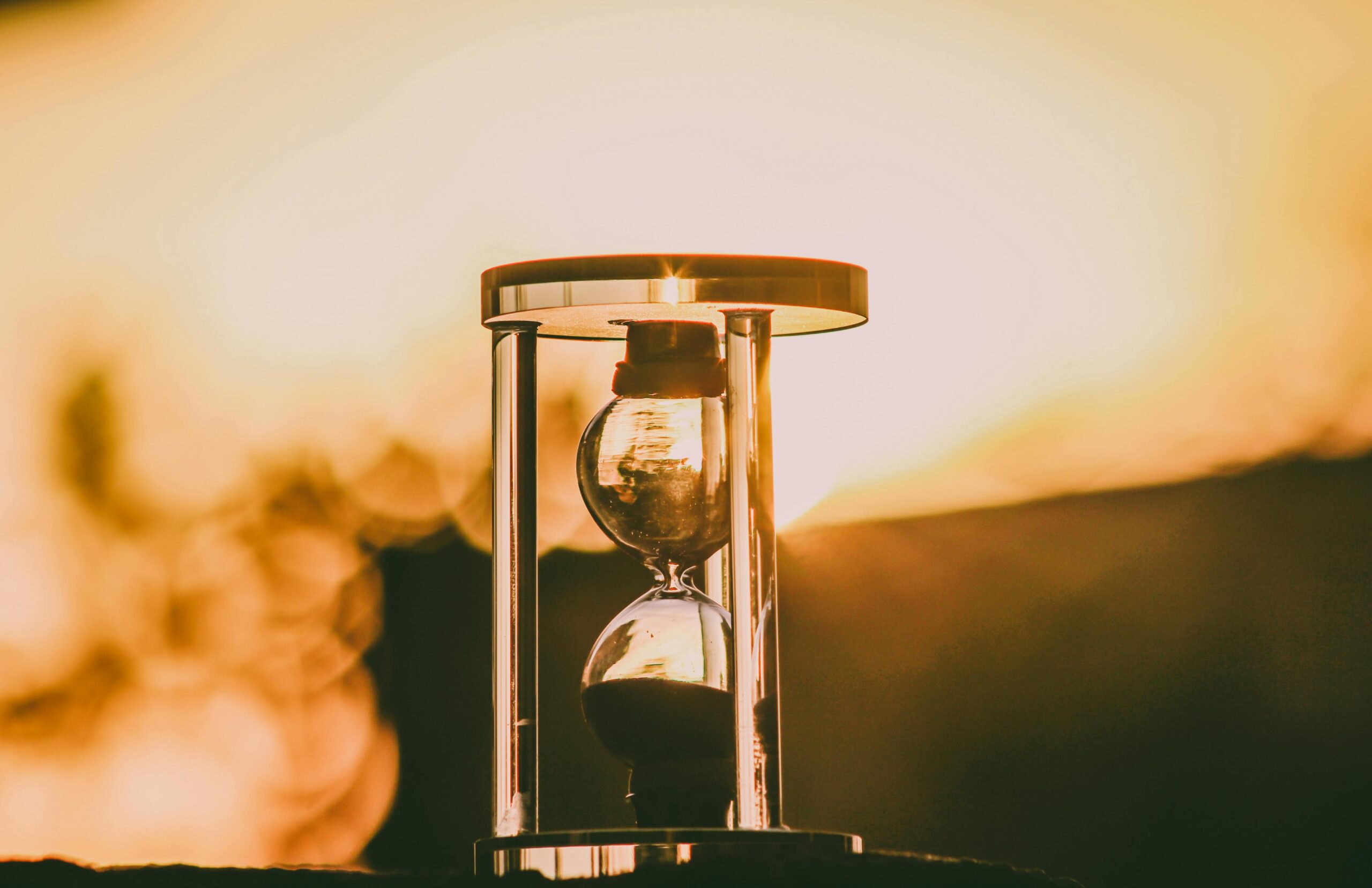My Gambling Rock Bottom Story
I’m Kyle, 36, a graphic designer from Austin, Texas. I’ve always been a numbers guy—strategic, analytical, drawn to patterns. Maybe that’s why online casinos felt so tempting. To me, it wasn’t just luck—it was skill, I told myself. A puzzle I could solve. A game I could master. Until the night I hit my rock bottom.
Note: Some of the links on this page are affiliate links. That means if you choose to make a purchase, High Stakes Healing may earn a small commission—at no extra cost to you. We only recommend books and resources we believe can truly support your recovery journey.
The Spiral That Didn’t Feel Like One
It all began harmlessly—small bets during lunch breaks, a quick blackjack session after work. At first, the wins felt exhilarating. I convinced myself I was simply using strategy, that I was smarter than the average player. But slowly, almost without realizing it, I started betting more. Late nights became the norm. The wagers got bigger. And I started chasing losses with a desperation I didn’t want to admit to myself.
I told myself the same lies over and over:
- This is just a rough patch.
- I’ll win it back soon.
- I’m in control.
But I wasn’t. Addiction has a way of making you believe you’re holding the wheel while it quietly steers you into a wall. My gambling rock bottom story reached its lowest point on a Friday night when I lost $4,800 in under three hours—money meant for rent, cash advances from my credit card, even the emergency fund I swore I’d never touch.
I remember staring at the glowing screen, the final “Game Over” flashing in front of me. My hands were still on the mouse, but it felt like I wasn’t even in my own body. I didn’t feel panic. I didn’t cry. I just felt… empty. That was my rock bottom.
What this Gambling Rock Bottom Story Taught Me
When people think of addiction, they often imagine dramatic breakdowns. But hitting rock bottom isn’t always loud. Sometimes it’s just you, sitting alone in a dark room, watching your bank balance drain away in silence.
Denial was my constant companion. I told myself I was just unlucky. I pretended I was fine. But deep down, I knew I was hooked. Isolation made it worse. I stopped answering messages. I skipped family dinners. I didn’t want anyone to see how badly I was falling apart.
Here’s what I’ve learned: rock bottom isn’t the end—it’s the door. That night, for the first time, I said the hardest words I’ve ever spoken: “I need help.”
How I Started Climbing Back
The following week, I joined a local gambling support group. I deleted every gambling app from my phone and computer. I called my sister and told her everything—no sugarcoating, no excuses. It was awkward, messy, and humbling, but it was real. That honesty was the first brick in rebuilding my life.
Recovery didn’t happen in one big, cinematic moment. It happened in hundreds of small ones. Every day I chose honesty over secrecy, I felt a little more like myself. I learned that relapse triggers don’t just disappear—you have to identify them and build safeguards. I began replacing my old habits with healthier routines: running in the mornings, cooking dinner instead of ordering takeout, spending time with people who supported my recovery.
Your Next Phase of Recovery Starts Here
Join the Life Process Program® — an online tool for those who want more than just “quit gambling” but want to rebuild purpose, habits, and freedom.
Use the code HIGHSTAKES at sign-up to enjoy 15% off your monthly subscription.
If You’re at Your Own Rock Bottom
If you’re reading this and you’ve hit your own rock bottom, please know this: you are not alone. You are not beyond repair. Right now, you might feel trapped, but you’re also standing at the edge of something new—and something better. The first step is to reach out. Talk to someone you trust. Join a support group. Tell the truth, even if it feels impossible.
Your gambling rock bottom story doesn’t have to be the last chapter. It can be the turning point. Mine was—and I’m still writing the rest of it.
Take the Next Step in Your Healing Journey
Your next step doesn’t have to be alone. Check out our Recovery Tools & Resources page for a collection of trusted aids to support emotional healing, financial recovery, and long-term sobriety.
Related Recovery Resources
- Steps to Rebuild Life After Gambling Addiction
- Adjusting Your Recovery Plan After a Gambling Setback
- Gambling Triggers in Recovery and How to Overcome Them
Frequently Asked Questions on this Gambling Rock Bottom Story
What does “rock bottom” mean in gambling addiction?
In gambling addiction, “rock bottom” is the lowest emotional, financial, or personal point a person reaches due to their gambling behavior. It’s often the moment that pushes someone to seek help.
How can I tell if I’m close to hitting rock bottom?
Signs include spending money you can’t afford to lose, borrowing to gamble, lying about your gambling, and feeling emotionally empty after gambling. If these sound familiar, consider seeking help immediately.
Can you recover after hitting rock bottom?
Yes. Many people find that hitting rock bottom becomes the wake-up call they need to begin recovery. Support groups, therapy, and lifestyle changes can help rebuild your life after gambling addiction.
This story is based on personal experiences and is shared for educational purposes. It is not a substitute for professional counseling. If you or someone you know is struggling with gambling addiction, please seek help from a qualified professional or support group. Browse our inspiring stories section for more.
Wanna tell your own story? Submit a story now and let healing journey inspire others.





